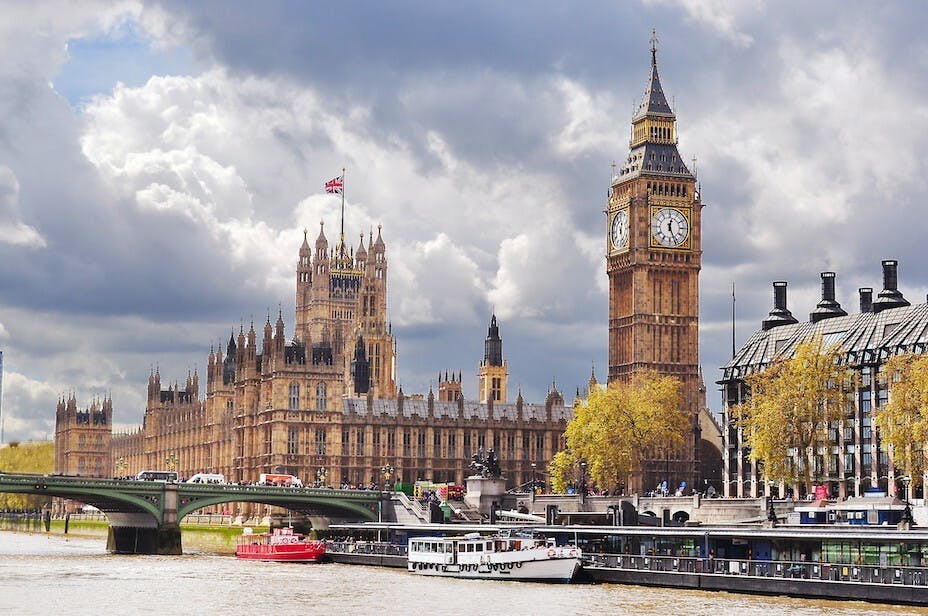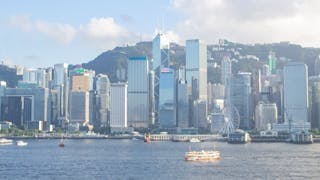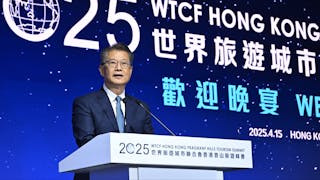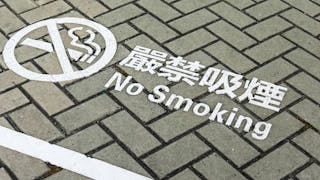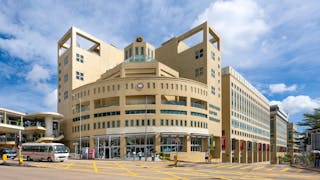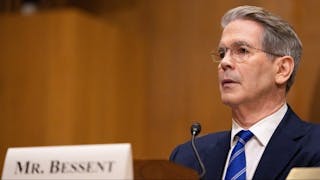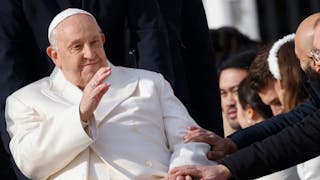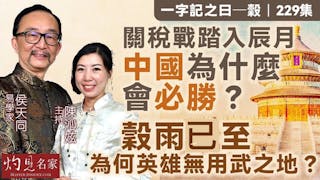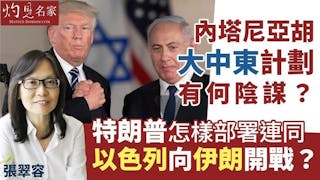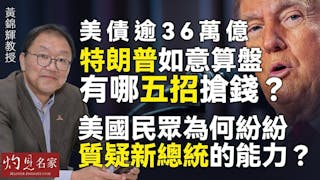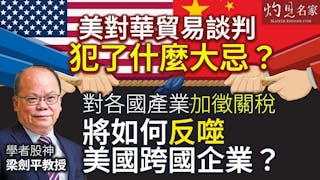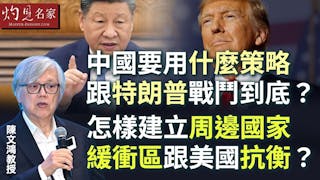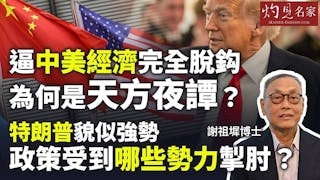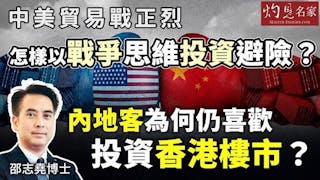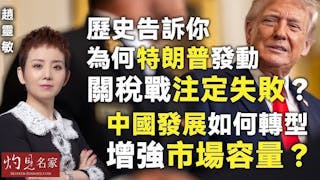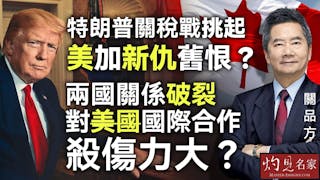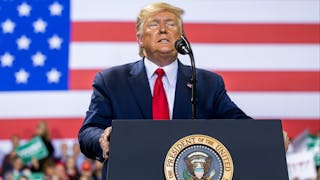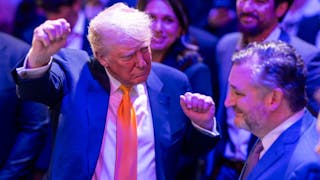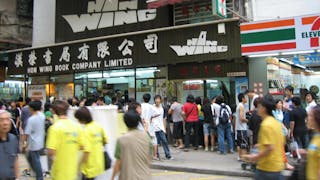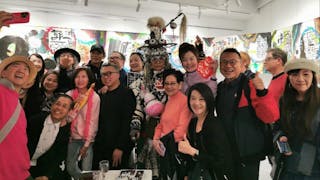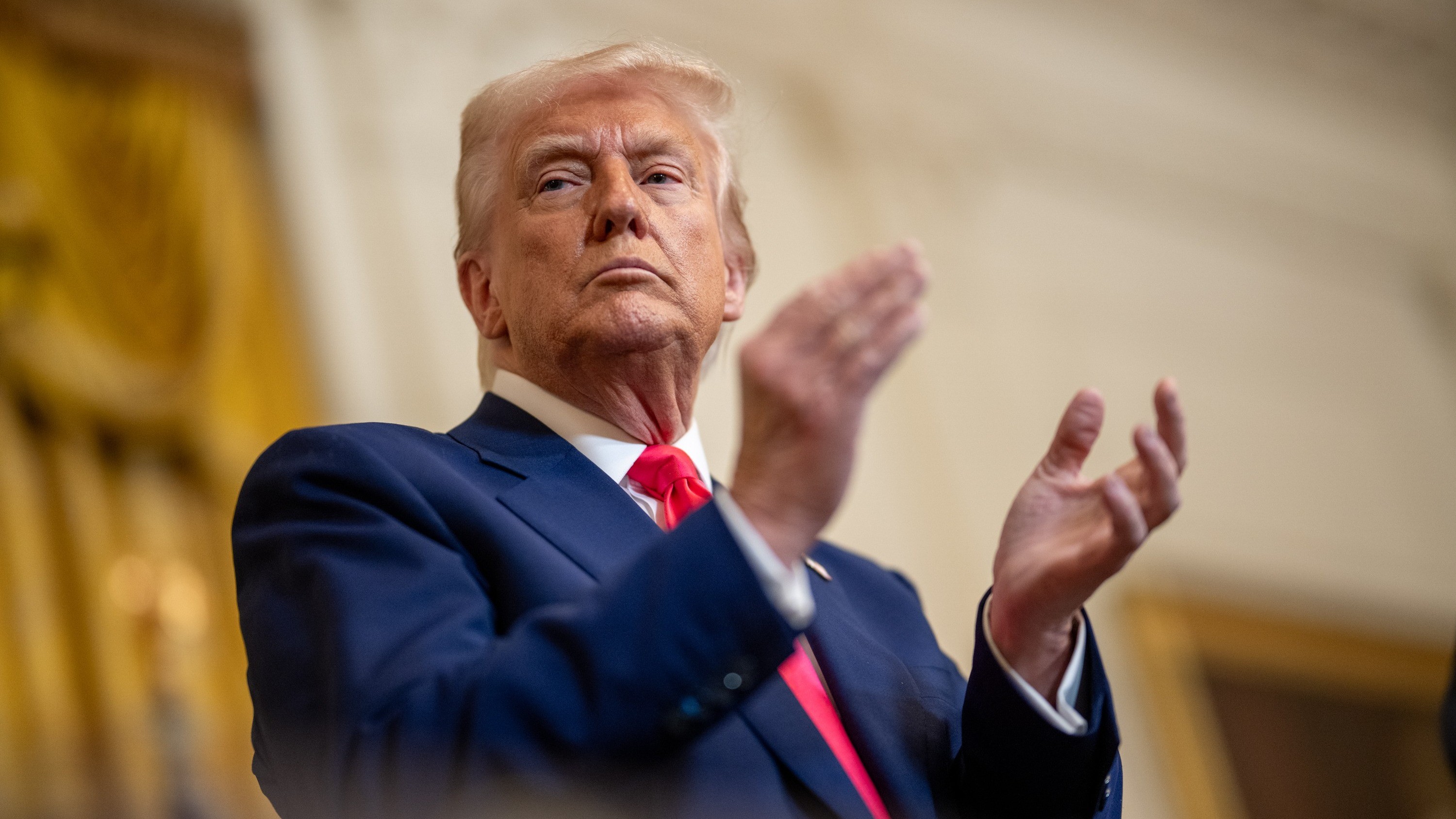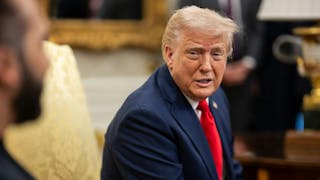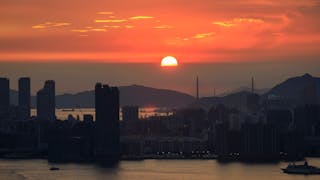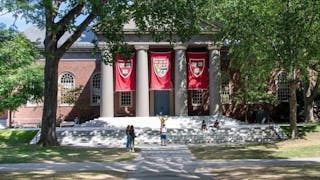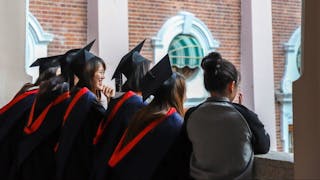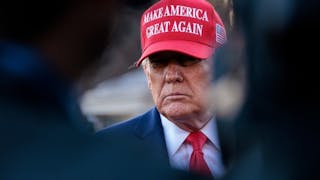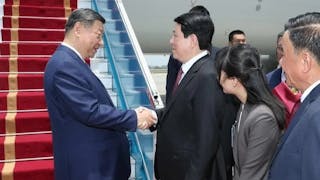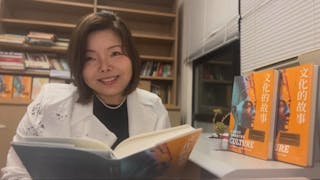在《中英聯合聲明》於1984年12月簽署前不久,將會移交政權的英方不顧中方反對,有對抗性地積極在香港展開一項前所未見的「去殖民化」工程。
從歷史上看,在對英國「適切有利」的情況下,英國在準備其殖民地獨立時,會運用仍可發揮的重要影響力,推動「去殖民化」(decolonization)進程,其主旨是建立西敏式體系(Westminster political system),即依循英國國會體制,並將權力移交給親英的政治勢力。
中國在港「化解去殖民化」工程仍未完成
香港的情況卻迥然不同,獨立從來都不是一個現實選項。因此,英方之前從未試圖將其慣用的一套「去殖民化」公式應用於香港。相反,當英國在 1970 年代末無可奈何地意識到,必須在 1997 年將香港歸還中國時,不得不尋找一種新的方式「光榮引退」。這表示英國要在1997年香港回歸中國前,需要維持有效的管治,並讓英國被國際社會譽為「負責任」的大國。在初期,英國仍試圖「神不知鬼不覺」地在香港推行西敏式體系,卻因中國的強烈反對和阻撓而無濟於事。
因應香港的情況,英國在香港開展的「去殖民化」工程,在英國殖民史上是獨一無二、前所未見的。這個「去殖民化」工程的主要目的,是迫使中國接受英國版「一國兩制」,並由即將離任的港英殖民政權在 1997 年之前實施。
然而,英國版「一國兩制」不僅與中方的藍圖迥異,甚至是相矛盾,與中方強調香港政制實施「行政主導」、「愛國者治港」及「香港不能變成顛覆國家基地」等原則有所牴觸。為了回應英國的「去殖民化」(decolonization),中國政府主要在1997年之後,也致力推行自己的「化解去殖民化」(de-decolonization)工作,以減輕英國的「去殖民化」對全面準確實施「一國兩制」帶來的不利影響。
儘管香港已回歸祖國25年,但中國政府的「化解去殖民化」工程仍未全面完成。在未來的歲月,持續不懈的「化解去殖民化」舉措,將會繼續塑造香港的政治格局。換言之,從北京正進行的「化解去殖民化」工程的角度來觀察,能更有效地理解香港回歸祖國以來的政治變化。
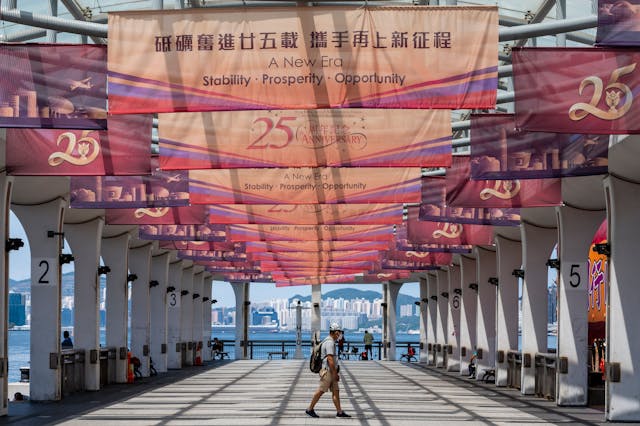
英國「去殖民化」工程阻撓實踐「一國兩制」
英國的「去殖民化」工程包括大量政策、措施和行動,目的是阻撓在 1997 年及以後實踐「一國兩制」。這些舉措包括在香港引入某程度的「代議政制」,令立法機關的部分議席通過選舉產生,因而更強勢及獨立於「殖民」政府;通過建立行政部門向立法機關完全負責的「憲政慣例」(constitutional convention),提升立法局(1997年前)的地位和重要性;扶植和加強反華分子的勢力,讓他們擔任重要的公職,賦予他們權力。
限制和詆毀北京期望成為香港特區政府管治層中流砥柱的愛國力量;煽動「親英」、「民主」陣營與愛國陣營之間的不信任和衝突,從而分裂香港社會;逐步將政府的權力和職能移交給原有和新設的法定組織,以削弱「行政主導」的政府結構;成立更獨立的法定機構,在各個政策領域監督政府;修改和軟化一些與公共秩序和社會穩定有關的法律,藉此削弱政府維持法律和秩序的能力;引入全面的人權條例「凌駕」於其他本地法律之上。
此外,扶植華人高級公務員成為政治家,讓他們成為香港特區的主要政治領導人,從而將表面上保持政治中立的公務員政治化;明目張膽地向香港居民,特別是年輕人灌輸反中反共的思想和情緒;散播對「一國兩制」和《基本法》的不準確或負面的詮釋,特別是對中央政府的權力和職能作出錯誤解讀;將香港的未來問題國際化,特別是「美國化」,以招引外部勢力干涉香港事務。
香港的反對勢力,尤其是當中的激進分子,並沒有令支持他們的英國和其他外部勢力失望。他們不斷向香港居民宣傳對一國兩制的錯誤和扭曲理解,藉此無休止地指責中國政府違反「一國兩制」和《基本法》,從而挑撥離間香港民眾對中央政府的感情。他們利用立法會議員和區議會議員的身份,無所不用其極地阻撓和干預香港特區政府的行政工作。他們利用「政制改革」、「人大常委會解釋《基本法》」、「六四事件」、「國民教育」、「第23條立法」,以及「修訂《逃犯條例》」等議題製造分裂,極力煽動政治鬥爭和動亂。他們不遺餘力地詆毀和攻擊愛國力量,阻礙他們的努力和發展。
實際上,他們在分化社會和製造政局不穩方面相當成功,而他們更不斷增加與外部勢力的勾結,企圖奪取香港特區的政權,將香港變成顛覆和威脅國家安全以至政權安全的基地。隨着美國及其盟國千方百計試圖遏制、削弱和孤立中國,香港反對勢力的敵對和危險活動有增無減,最終導致香港在 2019-20 年發生歷來最嚴重的社會動亂。
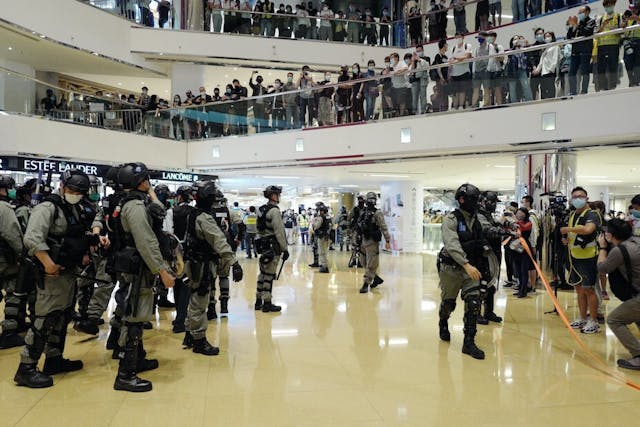
中央政府加速在港「化解去殖民化」步伐
自香港回歸祖國以來,中央政府、特區政府和愛國力量逐步採取各項措施和行動,以掃除英國、香港反對派和外部勢力對成功實踐「一國兩制」的阻撓,加快推進全面落實「一國兩制」的步伐。有見於香港的政治形勢嚴峻,過去幾年「化解去殖民化」步伐亦相應加速。
回顧這個「化解去殖民化」歷程,在香港回歸祖國前夕,全國人大常委會撤銷了香港人權條例的「凌駕性」地位;臨時立法會修訂公安條例,增設「不反對通知書」制度,讓政府能對各類「抗爭行動」予以適當監管;設立「主要官員問責制度」,加強政治領導,防止公務員隊伍走向政治化;建立嚴謹的公職人員的宣誓制度,確保所有公職人員都效忠國家和香港特區,以及擁護《基本法》。
2020年,全國人大常委會制定了《港區國安法》,防範香港成為顛覆國家的基地以及國家安全威脅的源頭;徹底改革香港的選舉制度,設立嚴格的政治審查機制;《國安法》出台及改革後的選舉制度,共同確保「愛國者治港」的原則得到落實,把反中亂港分子驅逐出香港的選舉過程和管治架構之外,從而使行政機關與立法機關順暢合作,實現行政主導,特區政府更有能力駕馭香港的政治局面,推行重大政策和統籌協調政府部門和法定機構的工作。
與此同時,着力壯大和強化愛國愛港力量,增強香港民眾對祖國的認同感,特別是年輕人對中央政府的支持。在意識形態方面,大力推進各種「人心回歸」工程,尤其是國民教育、國情教育、憲法和《基本法》教育、中國歷史和中華文化教育、以及國家安全教育。此外,通過制裁手段,禁止那些在香港策動和組織動亂、危害國家安全的外部組織和個人進入香港或者在香港進行活動。
繼續推行「化解去殖民化」確保香港行穩致遠
總的來說,這些「化解去殖民化」舉措旨在清除阻礙「一國兩制」成功實踐的因素,以及遏制內外敵對勢力流毒,而這些工作已經取得了顯著成效,但遠未完成。鑑於這些工作的長期性、敏感性和複雜性,特別是那些涉及到思想和人心領域的工作,難以一蹴而就、畢其功於一役,所以日後必須努力不懈、堅持到底。
而且,不能排除在愈趨嚴峻的國際環境下和不斷變化的香港局勢中,對一國兩制實踐造成困擾的新挑戰將會湧現,因此中央、特區政府、愛國力量乃至廣大香港市民都必須保持高度警惕,務求把一切阻礙「一國兩制」實踐的因素制止於萌芽階段,讓「一國兩制」能夠行穩致遠。
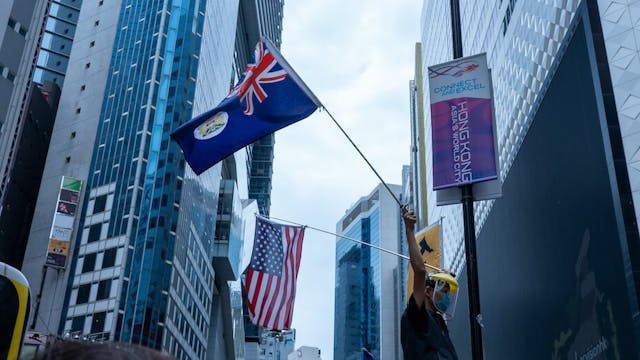
香港的反對勢力和許多西方批評者傾向於將香港回歸祖國後的發展和出現的事情,解釋為北京「背棄對香港居民的承諾」、「違反《中英聯合聲明》」、「企圖通過剝奪香港的『高度自治』來控制香港」,或「踐踏香港居民的人權和自由」。他們貿然聲稱香港已結束「一國兩制」。
然而,如果我們以公平、廣闊及歷史的視角去審視過去40年香港的「去殖民化」和「化解去殖民化」進程,更準確地分析香港的發展,就會產生與反對勢力完全相反的論述。在這個敘述中,北京一直以來皆有決心、有誠意地履行其於「一國兩制」下的責任,致力令「一國兩制」行穩致遠。
直到近期為止,由於外部勢力及他們在香港的政治盟友的阻撓和歪曲,「一國兩制」還沒有得到準確和全面的實踐。現時正持續進行的「化解去殖民化」進程,為未來「一國兩制」的成功實踐奠定了良好基礎。展望未來,繼續推行「化解去殖民化」將可確保香港的有效管治和長期繁榮,並有利於特區更深入和廣泛地參與祖國的發展。
“De-decolonization” achieves remarkable results but is far from complete
Not long before the signing of the Sino-British Joint Declaration over the future of Hong Kong in December 1984, the departing British ardently and antagonistically embarked on an unprecedented project of “decolonization” in Hong Kong in defiance of the opposition of China.
Historically, under “propitious” circumstances, where it could still exercise substantial influence, Britain would prepare its colonies for independence by launching a process of “decolonization”, the keystones of which are the installation of a Westminster political system, and transferring the powers to the pro-British political forces.
In the case of Hong Kong, independence has never been a realistic option. Consequently, the British have never attempted to apply its customary “decolonization” formula to Hong Kong. On the contrary, when Britain unhappily realized in the late 1970s that it had to return Hong Kong to China in 1997, it had to find a novel way to “exit with glory”, meaning that effective governance could be maintained up to 1997 and that Britain would be lauded as a “responsible” metropolitan power by the international community. Initially, it still attempted to impose the Westminster system “semi-stealthily” on Hong Kong, but to no avail because of the fierce objection and obstruction by China.
Accordingly, the “decolonization” project undertaken by Britain in Hong Kong is unique and unprecedented in British colonial history. The primary purpose of “decolonization” was to compel China to accept the British version of “one country, two systems” (OCTS) to be imposed by the departing colonial regime in Hong Kong before 1997. However, the British version was at variance with or even in contradiction of Beijing’s OCTS blueprint, which features among other things “executive-led” governance, “patriots administering Hong Kong”, and “Hong Kong not becoming a base of subversion”. At the same time, in reaction to Britain’s “decolonization”, Beijing also inaugurated its own “de-decolonization” efforts, largely after 1997, to mitigate the adverse impact of the British “decolonization” on the comprehensive and accurate implementation of OCTS.
Even though Hong Kong has been returned to its motherland for more than 25 years, Beijing’s “de-decolonization” project has yet to be fully accomplished. Unremitting efforts at “de-decolonization” will continue to shape the configuration of politics in Hong Kong in the years ahead. In other words, political changes in Hong Kong since its return to the motherland can be usefully comprehended from the antage point of Beijing’s ongoing “de-decolonization” project.
Britain’s “decolonization” project comprises a plethora of policies, measures and actions that are devised to hamper the implementation of OCTS in the run-up to 1997 and beyond. They included the partially successful introduction of the “representative political system” in Hong Kong, making the legislature partially elected, more powerful and independent of the “colonial” government; elevating the status and importance of the Legislative Council via developing the “constitutional convention” of the executive being fully accountable to the legislature; grooming and strengthening the anti-China elements as well as empowering them by putting them in important public offices; constraining and besmirching the patriotic forces, which were expected by Beijing to be the mainstay of the governing apparatus of the Hong Kong Special Administrative Region; instigating mistrust and clashes between the “pro-British” and “pro-democratic” camp on one side and the patriotic camp on the other and thereby dividing the Hong Kong community; step-by-step transferring the powers and functions of the government to the original and newly created statutory bodies, weakening the “executive-led” governmental structure; establishing more independent statutory bodies serving as watchdogs over the government in various policy domains; amending and softening some of the laws pertaining to public order and social stability and hence eroding the capacity of the government to maintain law and order; introducing a comprehensive human rights ordinance with “overriding” power over other local laws; grooming senior Chinese civil servants into politicians to enable them to become the major political leaders of the HKSAR, thus politicizing the ostensibly politically neutral civil service; overtly and covertly inculcating anti-China and anti-communist ideas and sentiment among Hong Kong residents, especially the young people; disseminating inaccurate or pernicious interpretations of OCTS and the Basic Law, particularly with regard to the powers and functions of the central government; and internationalizing, primarily “Americanizing” the issue of Hong Kong’s future, for the sake of eliciting foreign interference in Hong Kong affairs.
The opposition activists in Hong Kong, particularly the radical elements among them, have not let down their British and other external patrons. They constantly publicize erroneous and distorted understanding of OCTS among Hong Kong residents and use this to endlessly accuse Beijing of violating OCTS and the Basic Law, thus sowing discord between Beijing and Hong Kong residents. They utilize to the hilt their capacities as members of the Legislative Council and the District Councils to obstruct and interfere with the administration of the HKSAR government. They strenuously instigate political struggles and turmoil by exploiting divisive issues such as “political reform”, “interpretation of the Basic Law by the Standing Committee of the National People’s Congress”, “the June 4 incident”, “national education”, “Article 23 legislation”, and “amendment of the fugitive ordinance”. They spare no effort to vilify and attack the patriotic forces to hobble their endeavors and development. They have been quite successful in polarizing society and generating political instability. They increasingly collude with external forces in attempting to capture the HKSAR regime and turn Hong Kong into a base of subversion and threat to national security as well as regime security. All these adversarial and perilous activities of the political opposition have intensified unabatedly with the growing maneuvers of the US and its allies to contain, weaken and isolate China, and culminated in the historically unprecedented 2019-20 insurrection in Hong Kong.
Since Hong Kong’s return to its motherland, Beijing, the HKSAR government and the patriotic forces have gradually taken measures and actions to remove the obstacles created by the British, the Hong Kong opposition and external forces to the successful practice of OCTS, and the tempo of “de-decolonization” has accelerated in the past several years because of the graveness of Hong Kong’s political situation. On the eve of Hong Kong’s return to its motherland, the Standing Committee of the National People’s Congress revoked the “overriding” status of Hong Kong’s human rights ordinance. The Provisional Legislative Council amended the Public Order Ordinance and added a “notice of no objection” arrangement so that the government can more properly manage and monitor all kinds of protest actions. A “system of accountability of principal officials” has been established to enhance political leadership and forestall the politicization of the civil service. A rigorous oath-taking system for public officials has been set up to ensure that they are loyal to the country and the HKSAR and are ready to uphold the Basic Law. The National Security Law for Hong Kong has been enacted by the Standing Committee of the National People’s Congress to prevent Hong Kong from becoming a base of subversion and a source of national security threats. The electoral system of Hong Kong has been thoroughly revamped with a built-in strict political screening mechanism. Together, the National Security Law and the reformed electoral system have ensured that the principle of “patriots administering Hong Kong” is fulfilled, the radical anti-China elements and their external patrons are expelled from Hong Kong’s governance structure, the relationship between the executive and the legislature is smooth and cooperative, and the expectation of executive-led government is realized. As corollaries, a strengthened HKSAR government is more capable of navigating the external and internal political situation in Hong Kong, implementing major policies, and coordinating the work of government departments and statutory bodies. Active steps have been taken to build up the patriotic forces and to enhance the sense of identification with the motherland and the support of Hong Kong residents, especially the young people, for the central government. Various projects in the idea domain such as national education, education of the national constitution and the Basic Law, Chinese history and Chinese culture education, and national security education have been pursued systematically and vigorously. Sanctions have also been imposed on some external organizations and individuals to prevent them from entering Hong Kong to carry out activities detrimental to the interests and security of the country and the HKSAR.
Overall, these “de-decolonization” efforts aimed at eliminating the factors that hinder the successful implementation of OCTS and at suppressing the hostile forces at home and abroad have achieved remarkable results, but they are far from complete. Given the long-term, sensitive and complex nature of these tasks, especially those about winning the hearts and minds of Hong Kong residents, it is impossible to achieve complete success in one battle, so it is necessary to work tirelessly and persevere to the end in the future.
Moreover, it cannot be ruled out that in the increasingly severe international environment and the ever-changing situation in Hong Kong, new challenges that have caused trouble to the practice of OCTS will continue to emerge, so the central authorities, the HKSAR government, the patriotic forces and the broad masses of Hong Kong residents must maintain a high degree of vigilance and strive to nip all factors that hinder the practice of OCTS in the bud so that OCTS can be carried out steadily and far into the future.
Hong Kong’s political opposition and many Western critics are prone to biasedly interpret the development and happenings in Hong Kong since its return to China as evidence of Beijing “reneging on its promise to Hong Kong residents”, “failure to abide by the Sino-British Joint Declaration”, “attempt to control Hong Kong through taking away its ‘high degree of autonomy’ ”, or “trampling on the human rights and freedom of Hong Kong residents”. They hastily declare the end of OCTS in Hong Kong. However, if we take a fair, broad, and historical view of the “decolonization” and “de-decolonization” processes that have gripped Hong Kong in the past four decades, a more accurate analysis of Hong Kong’s development will produce a completely opposite narrative. In this narrative, it is Beijing that has all along been faithful to its policy of OCTS and is determined to achieve its success and endurance. Until recently, OCTS has not been practiced accurately and comprehensively because of the obstruction and distortion by the external forces and their political allies in Hong Kong. The ongoing processes of “de-decolonization” have laid a good foundation for the successful implementation of OCTS in the future. Continued “de-decolonization” in the years ahead will assure Hong Kong of effective governance and long-term prosperity, as well as facilitate its intensive and broad-scope participation in the motherland’s development.
原刊於《ChinaDaily》,本社獲作者授權翻譯轉載。



